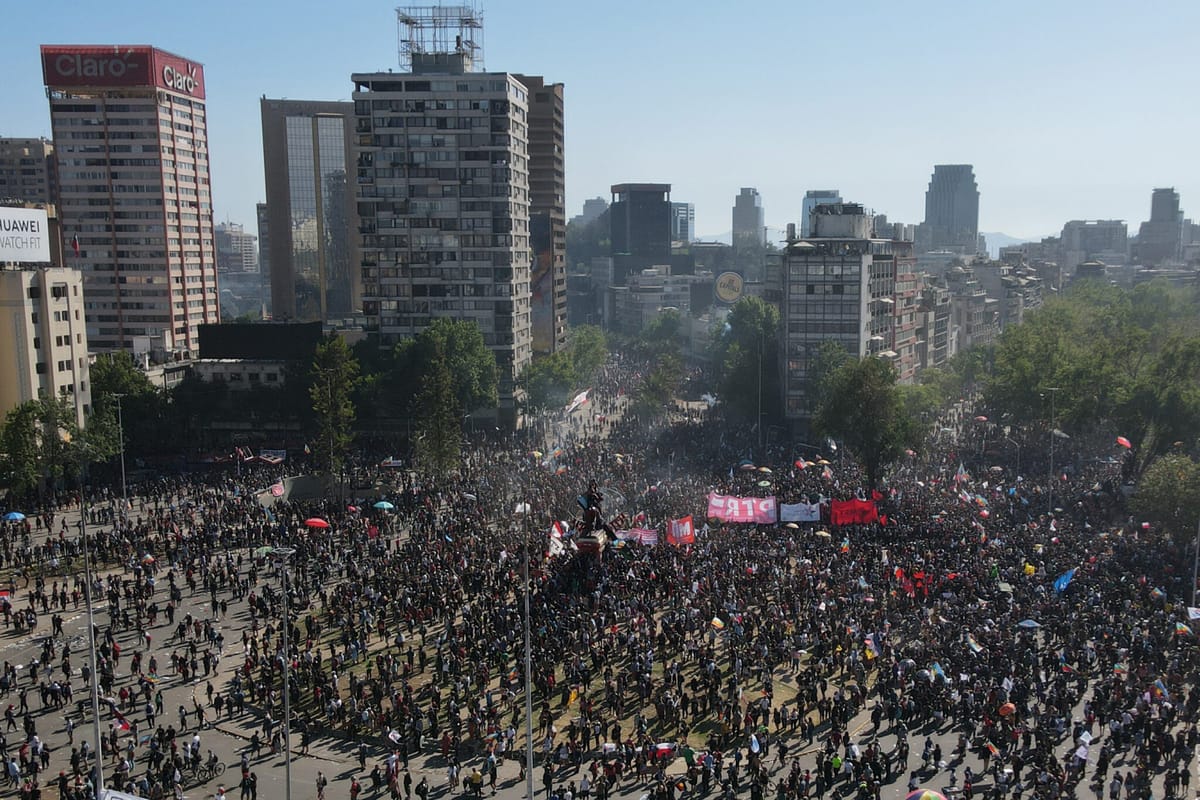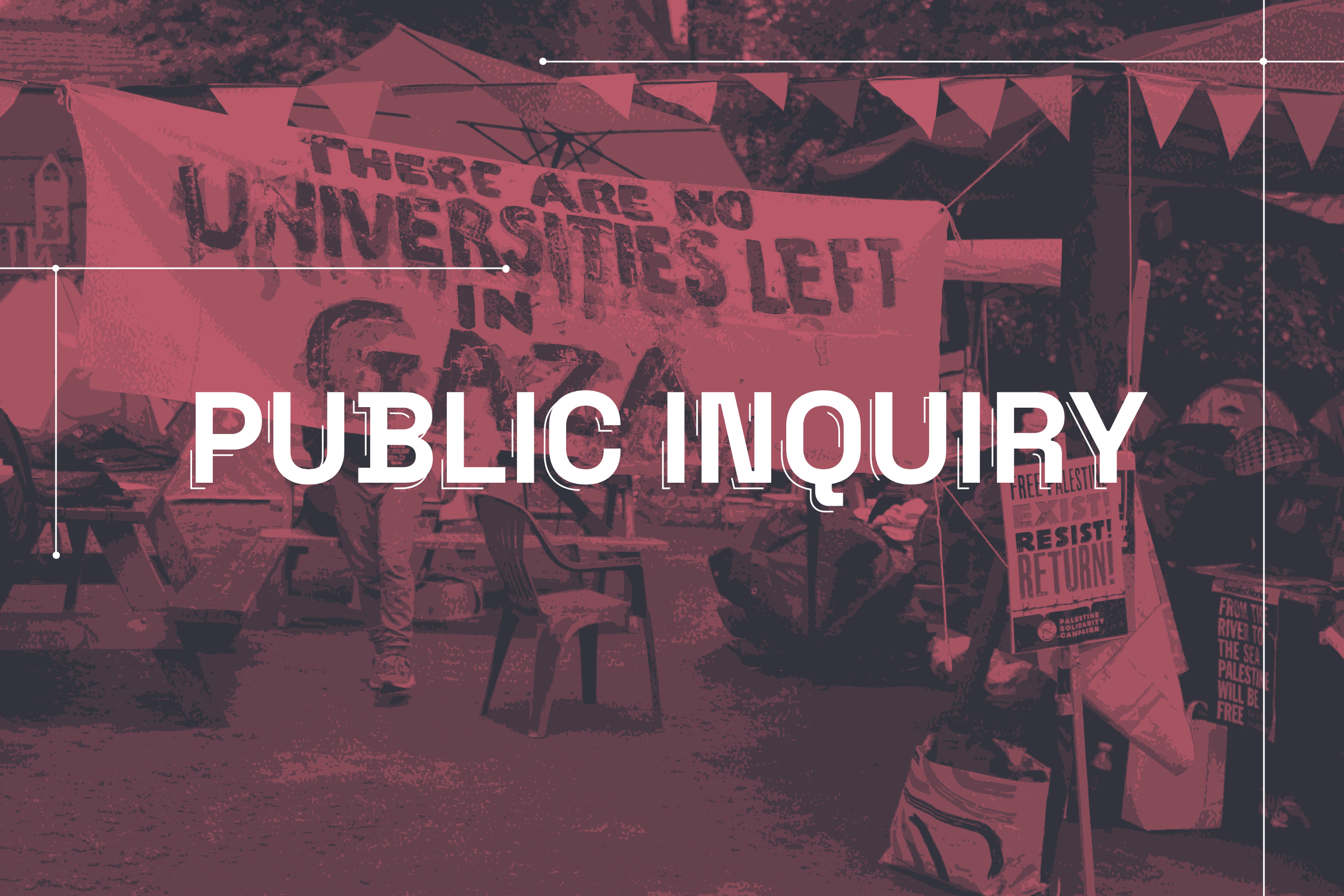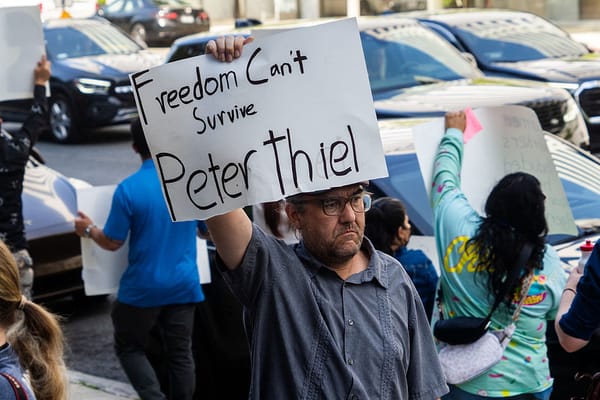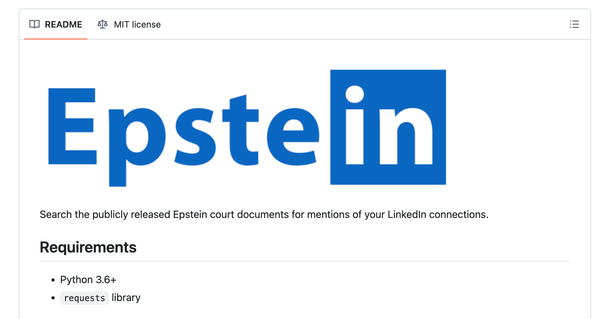The revolution may not be on social
Social media activism is stifled. Physical activism is under attack. How do we resist?

Social media platforms have long been a staple tool for activists, but gone are the days when these platforms could significantly contribute to change: think of Barack Obama’s first presidential campaign or some aspects of the Arab Spring. With more protesters under attack in both virtual and physical spaces, how in the world are we meant to stand up to power?
In recent weeks, I have been focusing on understanding mobilisation via social media.
The opportunities for activists to educate, motivate and co-ordinate online means we are exposed to more information and experiences than ever before. Through the feeds on our phones and computer screens, we discover stories and images we might never have seen and can express our support for causes that we care about. This should be a good thing, right? But it all depends on how comfortable we are about using these platforms in the first place. Can we trust them to prioritise our safety, and support and protect those with the most urgent messages to share?
Last week we published our first Public Inquiry, a people-led feature based on pro-Palestine students’ voices in UK universities. Journalist Manasa Narayanan explored whether social media helps or hinders their mission, and her findings provide a valuable insight into the direction of current activism:
- Activists distrust mainstream media,
- they have a more open attitude to independent and alternative media,
- online activism invariably leads to online harassment, which can escalate to real-life threats.

Read our latest Public Inquiry
There is also widespread concern around future retribution, such as professional opportunities being denied based on social media history. As Manasa notices,
"These instances show how movements in the digital age are now increasingly at the mercy of the politics and whims of Big Tech companies. This is possibly one of the major reasons behind movements now adopting a cross-platform approach to mobilisation, with a preference for end-to-end encrypted platforms like WhatsApp and Signal instead of relying solely on public platforms like Instagram, Facebook and X”.
However, there are some caveats: while WhatsApp currently guarantees safe end-to-end encryption, trust in Meta has significantly eroded and the irony is not lost on some activists when they use a product by the same company they despise.
The move to closed messaging apps is gaining momentum for obvious reasons: concerns about safety and surveillance are real and justified, and mobilisation via public platforms is losing effectiveness because the algorithms are built for monetisation. Ultimately, it's the physicality and a group of dedicated people that really bring about deeper change.
There are two problems with physical protests. The first is that aggressive stunts, such as those favoured by groups like Just Stop Oil, can antagonise the public. The second is that, after being fooled for years by Extinction Rebellion’s "be like water" techniques, the UK government has passed draconian legislation that gives the police broad powers to severely curtail in-person dissent.
So, how the hell do we resist?
After nearly two decades of an intense daily relationship with social media, are you tempted by the idea of divorce? They are the good-looking, deceitful partner who promise to change but never do.
And what do we get in return? Do we feel more connected and empowered, or are we paralysed by disinformation, pitted against each other and polarised, addicted to the algorithms these platforms base their business models on? If social media is no longer an effective driving force for activism, where do we go from here?
I have been closely following the impressive and fast growth of Smartphone Free Childhood, a grassroots movement of parents concerned about the pervasiveness of smartphones in their children’s lives.
It’s a brilliant example of activism. It was started only last February by two concerned mums, journalist Daisy Greenwell and psychologist Clare Fernyhoug, with the simple but ambitious mission of “growing the national conversation about the harms of smartphones for children, empowering parents and schools to create change at a local level, and putting pressure on government and tech companies to help us protect our children.”
Although this is not official policy, most members advocate for a ban on smartphones for under 16.
With over 60 local groups across the UK, it continues to grow at a breakneck pace and has established international connections. It is obviously filling a void, and all of this has been achieved despite a basic online presence: a sleek Instagram account, an easy-to-navigate website, and a WhatsApp linktree.
The message seems to be: platforms are the issue. Local communities are the solution.
“Never doubt that a small group of thoughtful, committed, citizens can change the world. Indeed, it is the only thing that ever has”, Margaret Meade famously said, and it looks like we might be back to that.
Faced with ad-driven social media platforms that often foster toxicity, harassment, and censorship, these parents are coming together around a shared interest. They are exchanging references and resources, united by a clear call to action in real life. Can their mobilisation model be a blueprint for all protestors?
We would like to hear from you.
Do you believe social media platforms are still useful for public dissent and mass mobilisation? If you are engaged in a public cause, what tools do you rely on?
Send us your stories, opinions, and concerns about your relationship with Big Tech, whether it’s a fear of surveillance, an experience of online harassment or misogyny, or a difficult decision around limiting your children’s time on smartphones.
Get in touch with us on WhatsApp or ping us on +447457411321. Alternatively, write to manasa@the-citizens.com

Connect with The Citizens on WhatsApp
Our Public Hearing posts are curated text, audio and video clips that have been submitted to us online, or collected via our community outreach.
Send a text, voice note or video to +447457411321 or write to manasa@the-citizens.com





